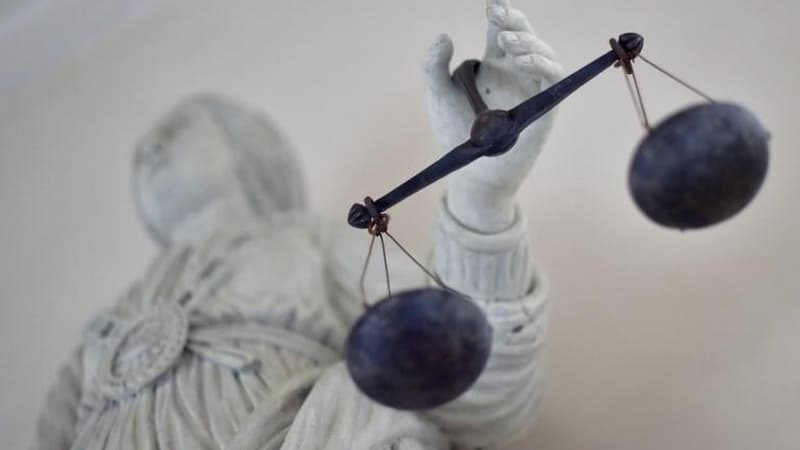The trial in the Benjamin Griveaux case opened on Wednesday, June 28. Three years after the “revenge porn” scandal, the former government spokesman takes legal action against Russian artist Piotr Pavlenski and his partner Alexandra de Taddeo.
These last two are suspected of being behind the dissemination of intimate videos of the former candidate for mayor of Paris. A case that revealed the problem of “revenge porn”, the fact of spreading photos or videos of a sexual nature of a person without their consent. What are the risks of resorting to this type of public revenge?
The one who transmits is guilty
“Revenge porn” is a crime, under criminal law, and an invasion of privacy.
Thus, article 226-2-1 of the Criminal Code provides that “the fact of making known to the public or to a third party, in the absence of the person’s consent for its dissemination, any recording or any document that contains words or images of sexual nature, obtained with the express or presumed consent of the person or by itself” is punishable by two years in prison and a fine of 60,000 euros.
For example, sharing a photo of a naked young woman without her consent in a messaging application – a WhatsApp group, for example – is a case of revenge porn.
“Here the culprit will always be the one who spreads. If I send a friend a video of my wife and I in the middle of a sexual act and he posts it on social networks, he is to blame,” explains Aurore Bonavia, digital law and intellectual property lawyer, with Tech&Co. What if we retweet (for example) a video like this, already present on the networks? “As a matter of principle, you will also share it. Therefore, it is also punishable.”
young victims
Registered in 2016 in the penal code, “revenge pornography” is mainly violence that occurs in the immediate environment, and whose victims are women, often young -unlike the case of Benjamin Griveaux-.
Procedures, when they begin, are lengthy and complex for victims who are often traumatized and whose lives are turned upside down. At the beginning of 2021, the e-Enfance association launched a rescue platform for young victims of this type of process.
asked by our colleagues from WorldThe Ministry of Justice indicates that it registered 932 prosecutions and 734 convictions for this reason in 2021.
Source: BFM TV


